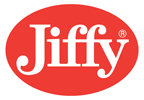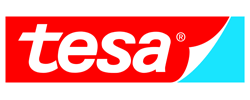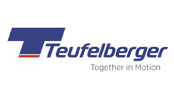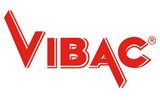1891 - Samuel Grant forms ‘Samuel Grant’ company, describing himself as a ‘school furnisher’. Sets up premises in White Horse Street, near to Leeds City Centre. Samuel Grant’s former employer, the Northern Educational Trading Company ceases trading enabling Samuel Grant to buy all their stock cheaply. Stocks brought into Leeds via canal and delivered to warehouse by horse drawn vehicles.
1898 - Samuel Grant relocates due to expansion to Aire Street, Leeds, closer to railway stations, canal and city roads
1900 - Tailor Montague Burton approaches Samuel Grant to provide him with ‘brown wrapping paper’ in which to pack his suits. This to be the start of an ongoing supplier relationship of paper products to Burton’s that would last for 90 years, including pattern paper
1932 - Grant’s pattern paper becomes so popular that it is trademarked ‘Grancut’ – continues to be best seller until the demise of the British textile industry in the latter 20th Century
1900-1939 - Yorkshire produces 90% of the world’s rhubarb – Grant’s provides purple tissue paper and millions of rubber bands to wrap it for distribution
1914 - Paper Merchanting overtakes school furnishing side of the business
1921 - Samuel Grant, the company, incorporated, became known as Samuel Grant Ltd
1923 - Gordon Grant (Samuel’s son) joins the business, taking charge of the packaging side
1927 - Alan Grant (Samuel’s second son) joins the business, managing ‘Educational Supplies’, providing school books and stationery
1939 - Samuel Grant died
1949 - Garnet Road, Leeds premises bought to enable expansion. Van and lorry bought to service customers. Gordon adds chipboard, boxboard, corrugated paper, waxed kraft papers and waterproof papers to the packaging range. Educational side of the business continues to shrink
1959 - David Grant, Alan Grant’s son and Samuel Grant’s grandson, joins the business as a sales representative, going on to become Managing Director



















